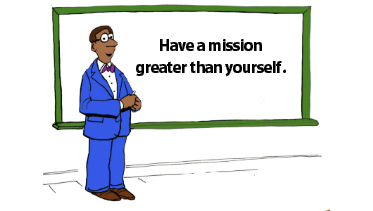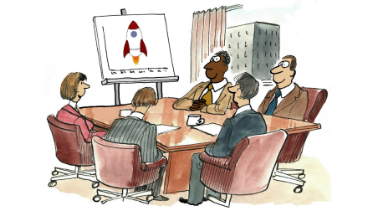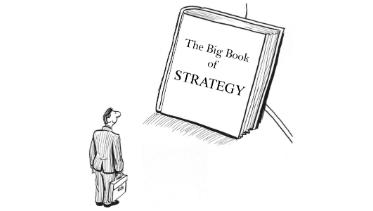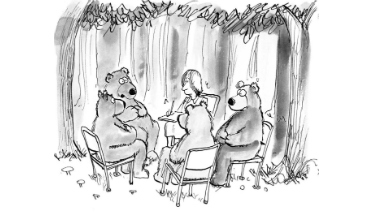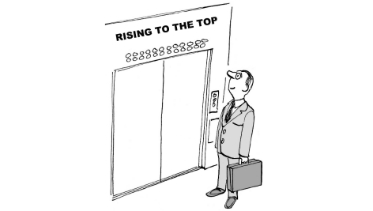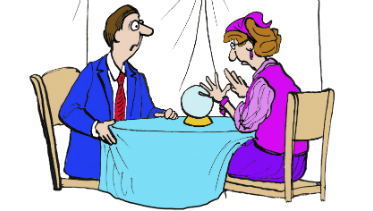Chris Lytle has conducted nearly 2300 seminars throughout the English-speaking world. A gifted speaker and the best-selling author of The Accidental Salesperson, Chris has inspired hundreds of thousands of salespeople. He posts a fresh new audio sales idea on this website every week. You can grab a free sample here. Email it to your sales team. They can get world-class sales training on their smart phones.
Chris Lytle
01
Jan2016
I know. I know.
1984 has come and gone.
But sometimes you need to act like Big Brother when it comes to your salespeople and their customers.
Here’s how to do that the right way:
I went to a seminar when I was a new sales manager. The speaker said that sales managers should call every customer once a quarter and ask them one question:
What can we do to provide you with better service?
So I started doing it. And I learned a lot about my sales team and their professionalism — or lack thereof, in certain instances. This habit also kept me connected to the customer when there was salesperson turnover.
It also gave me plenty of sales meeting fodder.
The longer you keep up the habit, the better the answers you will get because your prospects and customers know you are going to be calling.
Ask, “What could we do to provide you with better service?” And truly listen to the response. Your customers will tell you things that will help you coach your team better and give you insight into how your people are really doing in the field.
I have passed this idea along to many sales managers over the years. One of them was Mike Varney. Mike called a customer and asked the question. He received the following reply.
“In order to provide me better service, you would have to get a salesperson from your company to call on me,” said the customer.
It turns out the salesperson wasn’t making the calls he’d reported.
It might be nice to know a little thing like that, too.
Every salesperson that is actually doing his or her job will be glad you are calling their customers. It shows that someone else at your company cares. And what sales pro wouldn’t want to get helpful advice on how to keep the customer happy?
Sure, you could spend two weeks creating a ... Read More
January 1, 2016Chris Lytle




